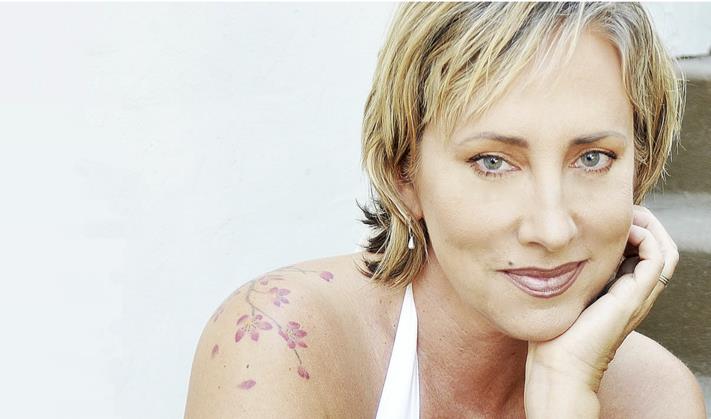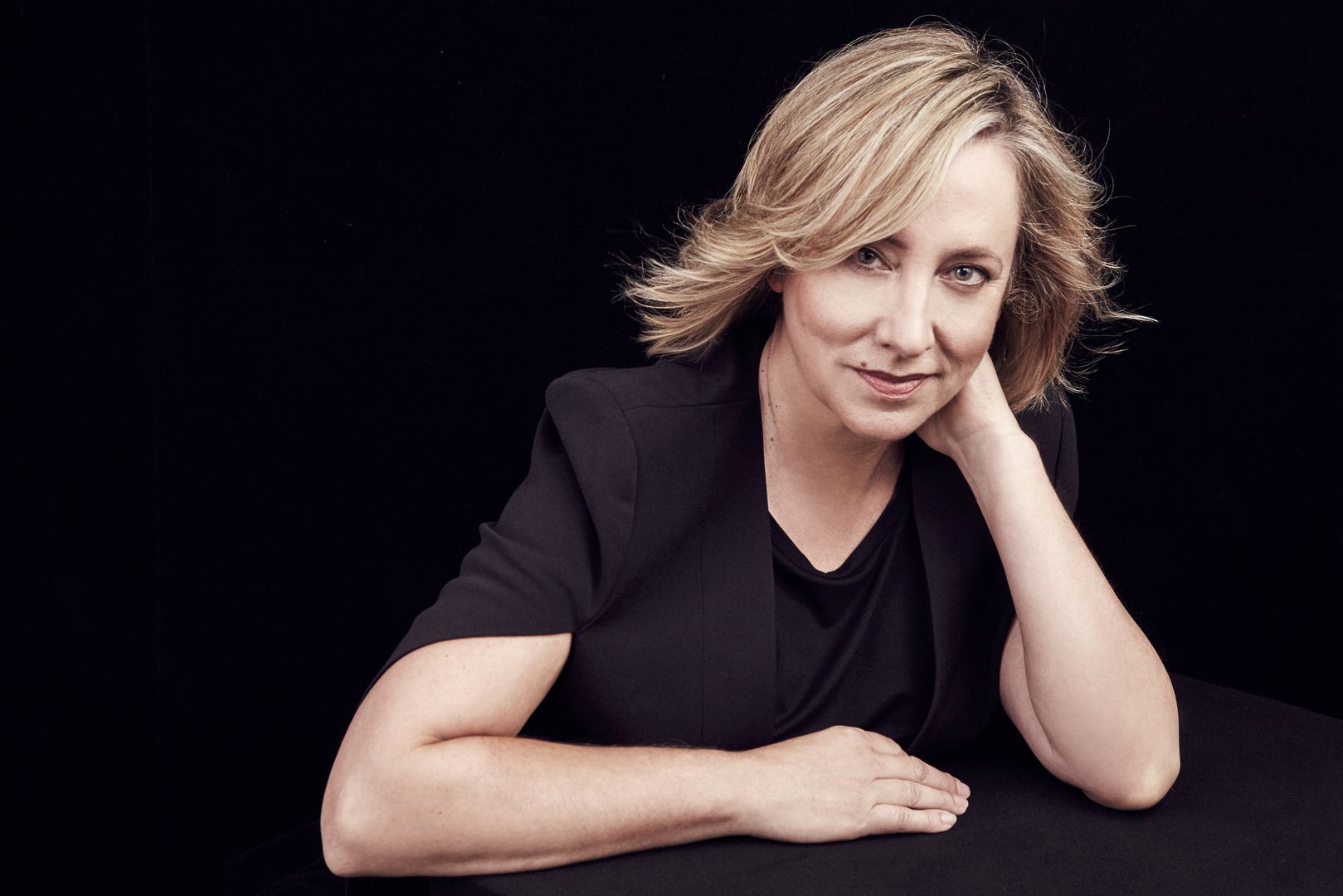
Agents of Mayhem is an open world shooter coming out on August 15th in the USA and 18th worldwide for PC, PlayStation 4, and Xbox One. The multitalented Kay Bess is the voice actor behind Persephone Brimstone, the leader of M.A.Y.H.E.M.. She also played Ana in Rise of the Tomb Raider and Queen Cumulus in Skylanders: SuperChargers. Along with being an actor, Bess is an poet, writer, and singer.
—
Your main role in Agents of Mayhem is playing the voice of Persephone Brimstone. Can you tell us a little about the character?
Ah, Persephone. I love this character. She was a former L.E.G.I.O.N. Lieutenant and founded M.A.Y.H.E.M. (Multinational Agency for Hunting Evil Masterminds) in an effort to save the world from destruction. That’s not to say her motives are altruistic. She’s an opportunist on the grandest scale. She is the smartest, shrewdest person in the room, and has little time for those who question her authority. She is, of course, beautiful, well heeled, and unflappable.
Did anyone inspire your portrayal of Persephone Brimstone? If so, what did you do to channel that inspiration?
There was a beautiful woman in my acting class at the time I was cast. She is of Iranian descent but grew up in Paris and so had a different sort of French accent. If a French accent could be any more sophisticated, hers is. I perceived it as more worldly, with other cultural influences. When I got a call back for the role, I spent all my energy in class the next two weeks watching how she spoke, how she held her mouth, and her facial expressions. I give her credit for helping me create an accent that those casting the role found worthy.
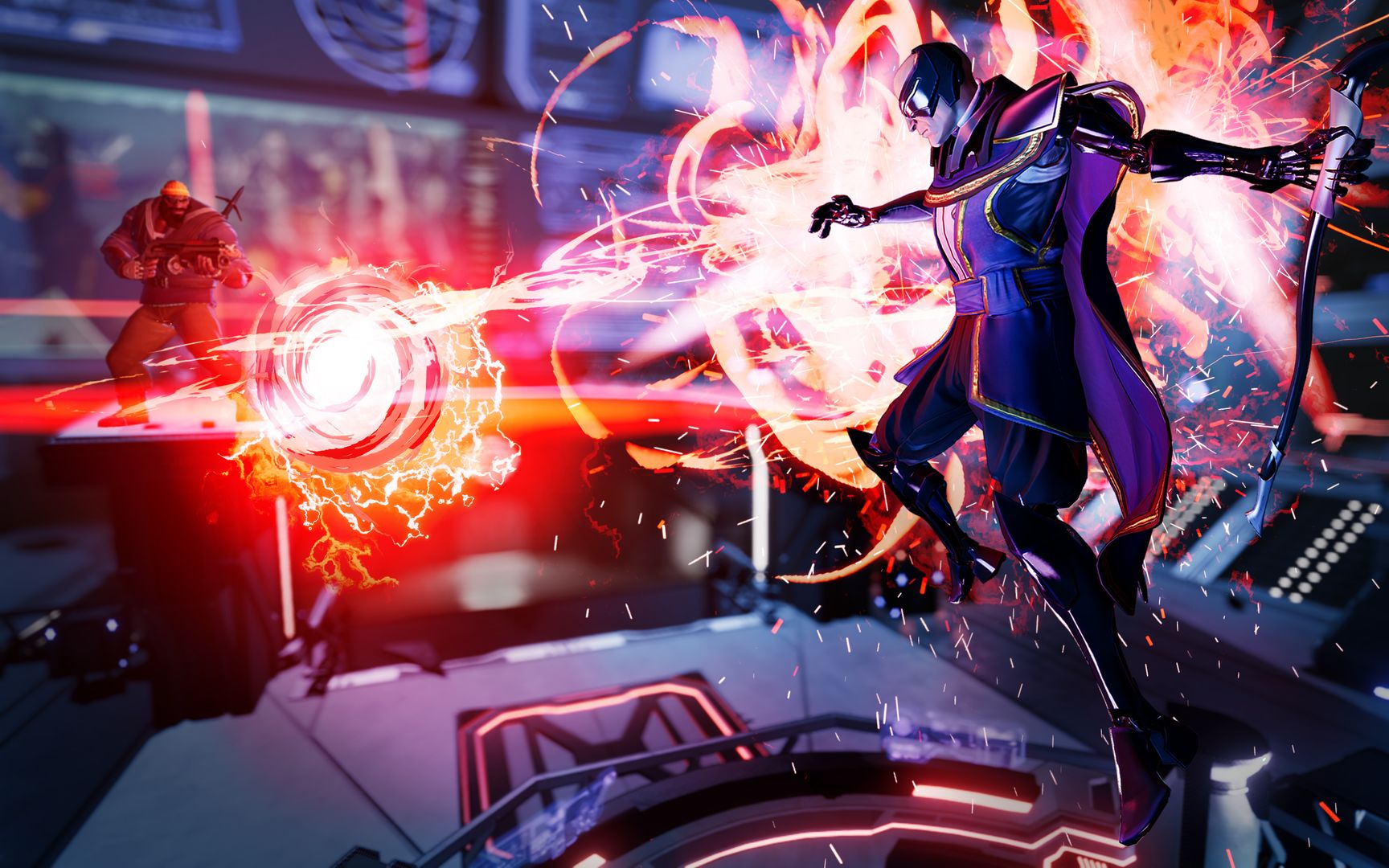
Do you ever play the video games you act in?
I haven’t as of yet! But I fully intend to play Agents of Mayhem! I can’t wait for it to come out! I have a friend who’s going to help me with it, as I am a total dork and gaming novice. I have a young daughter who loves video games but, with the exception of Skylanders, the games I’ve been in to this point are graphic, with a lot of adult language and themes and violence that she’s not quite ready for. But I can totally envision a time when we play them together.
You did a lot of narration and commercials before starting to work on video games. How did you start voice acting in video games?
The landscape of voice acting has changed so much in the last 15 or so years. I have loved and continue to love all the genres of voice acting that I’ve been privileged to work in, but there are a LOT more people vying for commercial, promo, and narration work these days. Even seasoned pros in these areas have had to reassess the business and reimagine how we fit into it in order to keep working and stay vital. I initially came to Los Angeles to be an actor, and I just felt like it was the right time for me to spread my wings and challenge myself in areas of voiceover I had previously bypassed. I wanted to diversify. I was getting great feedback on my gaming and animation auditions, and I knew in order to start booking work, I needed to learn the genre, to persevere and continually strive to be better. I took some private coaching from a prominent gaming actor and coach, Zach Hanks, who was very helpful in orienting me to the world of voice acting for games. The key really is ACTING. If you are a great actor, you will stand apart from those who are simply “putting on” a voice. So, in 2014 I think it was, in an act of sheer faith and utter madness, I went all in and enrolled in a 2 year acting program in Meisner Technique, which any Meisner trained actor can tell you, can be quite brutal. Three months into the program, I booked Queen Cumulus in Skylanders, and then immediately booked Ana in Rise of the Tomb Raider. I really haven’t stopped booking games since.
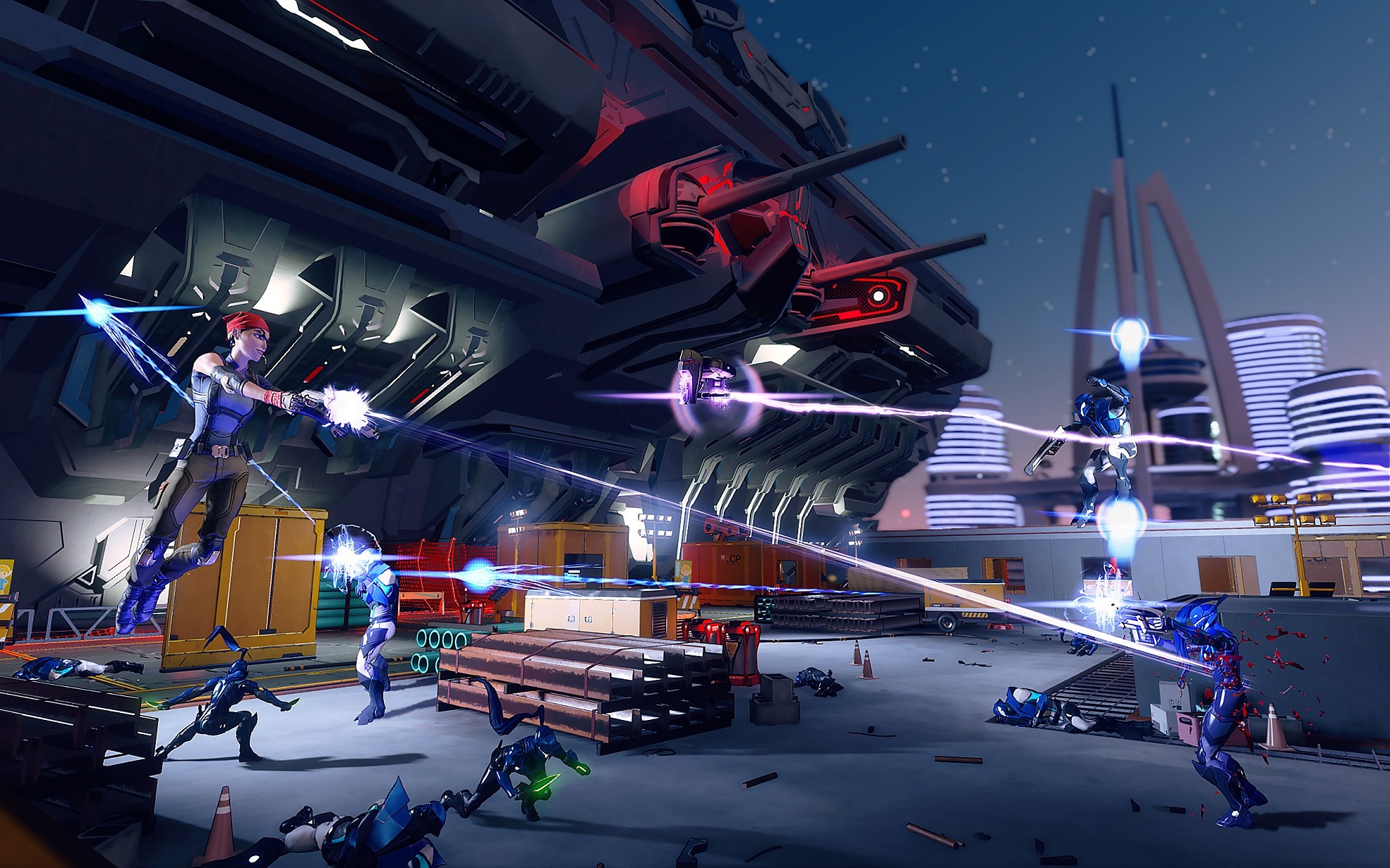
How different is doing voice acting for a video game than a more traditional voice acting role in a TV series or documentary? Is there any special challenges that come with voice acting for a video game?
I think it’s quite different, and yet they are both collaborative ventures. Doing narration for TV documentaries is really about being a dispassionate observer and illuminator of the story being told on the screen. Our voices as narrators serve to further the story, but we must retain our objectivity. We are as just one instrument in a string quartet. We don’t take the lead. The picture takes the lead. Music (the score) necessarily evokes feeling in the viewer, and our role is to take the written word and help further the story. Simple as that.
There are many challenges to acting in video games. The first is that we are essentially acting alone in a studio with none of the other characters in the room with us. It requires a vivid imagination and a willingness to go all out on a dime. Almost all of my scenes in Lara Croft: Rise of the Tomb Raider were with Camilla Luddington, but I’ve never met her, never even been in the same room with her. We never have the entire script. Ever. We only have our lines for the day, and we never get those in advance of the session. Gaming actors are quick on their feet, good sight readers, and the best of us are quick-thinking and brave when it comes to being emotionally vulnerable at a moment’s notice. There are all kinds of ways to be brave in the world. I certainly don’t mean to compare it to the kind of bravery it takes to fight fires, to protect and serve a community as a police officer, or to serve in the military. But it is an emotional bravery that is very real.
Do you have a dream role you would love to play or play again?
I would love to see Agents of Mayhem continue as a video game series, or even as an animated cartoon. I love Persephone and think there is a lot of potential for a fun and complex character to develop even further. I’d love to play an evil witch of some kind in an animated series, a granny, anybody with an accent. I love accent and dialect work.
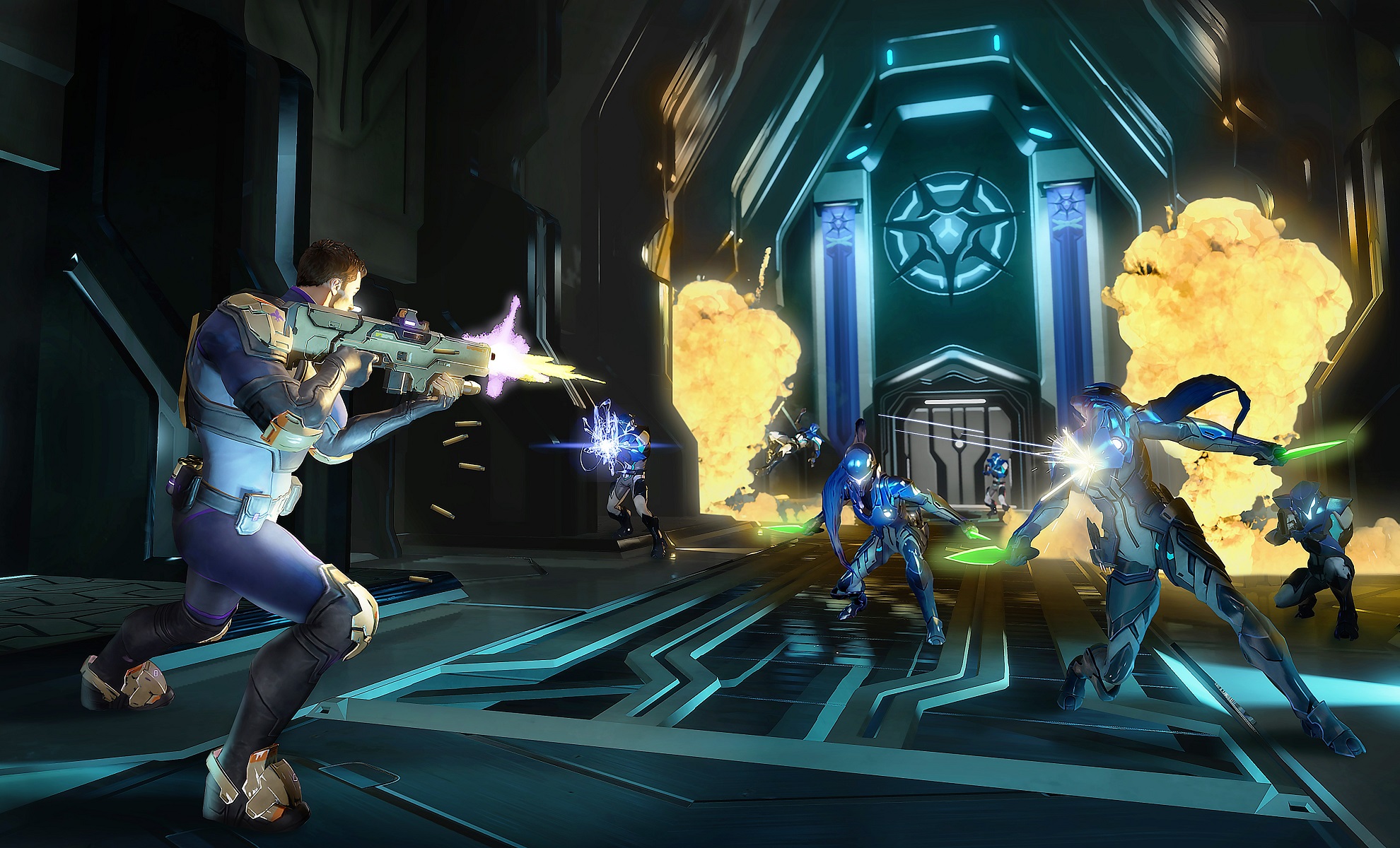
Gamers only experience the result of your work in the recording booth, but there must be a lot more that goes into it! Can you tell us a little bit about what work do you do from when you accept a job until the end?
I think the real work comes in developing oneself as an actor, keeping the actor’s tool belt fully functioning and ready to go. As I mentioned, we never get scripts in advance, and we get very little information about our characters until we arrive at a session. So, simply being an agile and malleable actor is vital. Probably the most well rounded video game characters are those that recur in a game series. The actor has so much more to draw on in character development with the first installment of the game under her belt!
As a member of SAG-AFTRA, you and your fellow voice actors have been on strike for the last year and have stopped working with several major game companies as part of the strike. Obviously, fair pay is always going to be an important part of any labour dispute, but I have been particularly intrigued by the health and safety reasoning of the strike. Voice acting is not a job most people would consider dangerous. Can you tell us a little more about that? How has voice acting affected your health and what have you done to try to keep your voice healthy?
Voice acting is indeed a mysterious job. Unless we talk about the challenges we face, no one would ever guess it was a job with particular hazards. The primary hazard is obviously to our voices. As everyone who plays video games knows, there is generally a LOT of yelling and screaming in games. It doesn’t matter how trained you are or how much breath control you have, at a certain point, screaming is going to blow out our voice. And by blow out, I mean you lose your voice and are unable to speak. When you lose your voice, it is an indication that real damage has been done to your vocal chords. Often times that damage is permanent. It’s like a pitcher ruining his arm by being kept in too many innings, game after game. The more critical the damage, the longer we are literally out of the game. I really haven’t done that much screaming in games, but already my voice is different than it was 2 years ago. I no longer have the higher end of my singing voice. It’s an issue I’m dealing with right now, and while it’s not keeping me from working in games, it is affecting my abilities as a singer. In light of the kinds of damage that can be done, we are asking for sessions with vocal stress to be limited to two hours. Keep in mind an actor can blow out her voice in 30 minutes time. So, 2 hours is definitely a compromise. That’s the first part. The second is that as games become more complex, voice actors are doing more and more performance capture and motion capture. This is like doing black box theater. We’re not just in a recording booth. We’re on a very special sound stage, with the need for movement and battle and fighting to be choreographed. We wear special clothing that allows for tracking our movement to make the visuals of a game uber realistic. Often this kind of choreography and staging is dangerous, unless coordinated by true movement professionals. We are not trained stunt performers! So we are asking for a professional stunt coordinator on set, as is required on every other filming set in the industry, to make sure we are safe. Our role in games is becoming more complex. We love the work, and we love the challenge. We simply want to be able to continue to do the work safely and for the long haul.
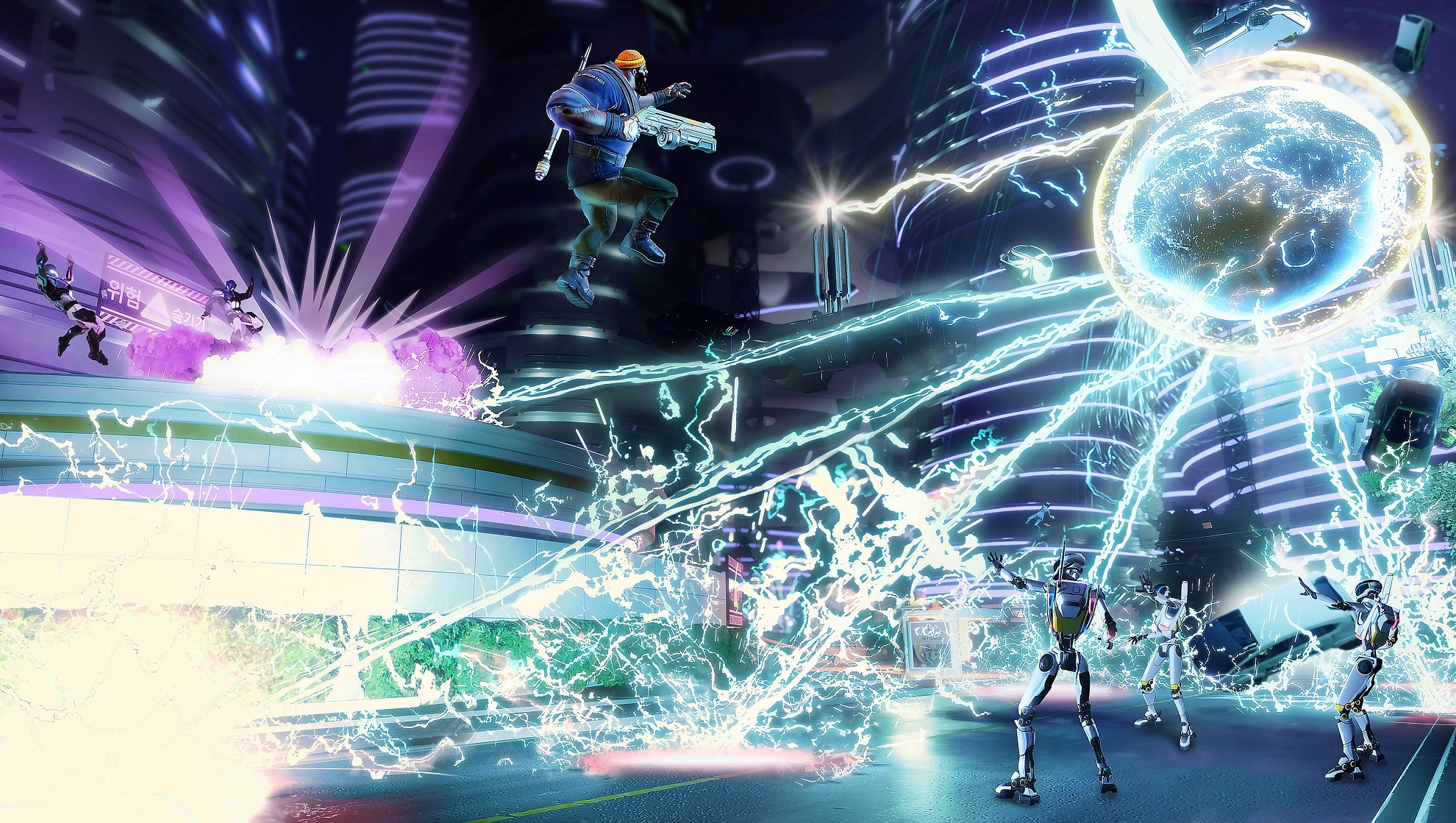
You have studied acting at both an acting school and a university. Which environment did you find most helpful to as a young actor?
Both of these environments have their benefits. Both of the programs I participated in were conservatory-like, and very intensive. I found my time at USC to be more cerebral, more formal, with a lot of the history of theater. And I learned a lot. Granted I did not finish the program, but I did not feel as though I walked away with tools that would serve me in the working world of acting. But I fully realize that I may simply have been unable at such a young age to absorb what I was being taught at the time. There are several attendees and graduates of the program at USC who were there while I was who have gone on to amazing, Oscar winning careers in acting and producing. So, we each are ready to learn when we are ready to learn. Clearly, I’m a late bloomer 🙂 My time in the Meisner program at the Ruskin School was a million times more practice than it was study. We engaged the technique 3 hours a day, two days a week for two full years. We were seriously challenged, pushed, pulled, and stretched, and were compelled to give 1000%. I found it exhausting, but very fulfilling.
You have had a lengthy and successful career in voice over and voice acting work so far. Do you have any helpful advice to pass along for anyone looking to get into voice acting?
Study consistently. Work hard, and love the work itself. Love the auditioning. If you don’t love auditioning, you should pack it in. I average 500 to 750 auditions per year, and I book maybe 10 or 20. And I have a successful career! Get used to not getting the job. Get used to your friends booking the jobs you thought you were perfect for. Learn to cheer for them, and to celebrate their victories as well as your own. It’s the primary way voice actors build community in an otherwise isolated and lonely business. Be patient. Lower your expectation that you will achieve success quickly. We live in a sound-byte world. We want what we want and we want it right now. But every last voice actor I know who has a piece of the elusive spot light and more than just a handful of iconic characters under their belts has worked for DECADES, and they worked for the love of the work itself, not the spot light. Know what your strengths are, and really know your weaknesses. It’s imperative to stay humble and to keep learning. Do what you must in order to keep auditioning, even if it means working 2nd and 3rd jobs. There is honor in all work that keeps you solvent with a roof over your head and food in your own fridge. Oh, and be kind. It goes a long way in every business, including this one.


